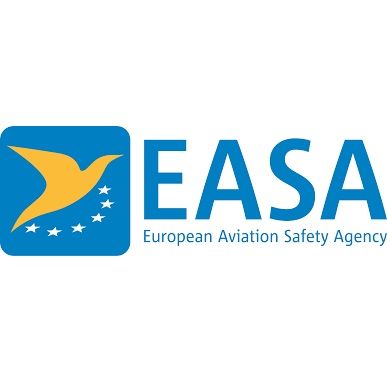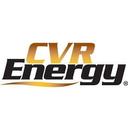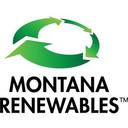EASA supports scale up of SAF through EU Clearing House

July 10, 2024
BY European Union Aviation Safety Agency
The European Union Aviation Safety Agency (EASA) is supporting the scale up of sustainable aviation fuels (SAF), via the now operating EU SAF Clearing House, as a critical step forward in reducing aviation emissions. The mission of the EU SAF Clearing House is to remove as many barriers as possible to support the EU & International deployment of SAFs as well as the approval of new SAF pathways.
Rapid adoption of SAF is seen as the fastest way to improve aviation’s carbon footprint, but for this to happen it is essential that more SAF is available for use and that the supply meets the stringent requirements for application in aviation.
The EU SAF Clearing House acts as a one-stop-shop for fuel producers to provide them with everything that is required for efficient ASTM D4054 standard evaluation, the standard that new SAF pathways are evaluated against, including “pre-screening”, partial funding for testing and report writing.
“The demand for SAF will grow ever more to meet the goals set in the ReFuelEU Aviation Regulation and increasingly reduce the emissions from aviation”, said Maria Rueda, EASA’s strategy and safety management director “Via the EU SAF Clearing House, EASA wants to ensure that the fuel industry gets the support needed to succeed in developing SAF for aviation, so that their innovation efforts are not in vain and more SAF is brought to the market.
Advertisement
Advertisement
The importance of scaling up the production of sustainable aviation fuels
For the aviation industry to meet its ambitious decarbonization targets and mandates, a substantial increase in SAF supply will be required. SAF currently represent less than 0.05% of total EU aviation fuel use. A diverse variety of fuel production pathways and feedstocks will be key to achieve those targets.
To be used in commercial aircraft, drop-in SAF must go through an exhaustive approval process to fulfil strict certification criteria and prove that their physical and chemical characteristics are almost identical to fossil-based jet fuel and can therefore be safely blended. This enables SAF to be used within the existing global fleet and does not require any adaptation to the aircraft or fuel supply infrastructure.
Advertisement
Advertisement
The project of the EU SAF clearing House is funded by the European Union and managed by EASA. The pan European-based sustainable transport team at Ricardo was awarded the contract to implement the EU SAF Clearing House, following a call for tender.
Ricardo, together with Trinity College Dublin, Intertek, Politecnico di Torino, ENVISA, and Spark Legal and Policy Consulting – will establish a network of European and international testing facilities and, in addition to the evaluation services, guide fuel producers in assessing the environmental impacts of their products and in meeting strict eligibility criteria.
If you are a fuel producer looking for support or an organization wishing to join the network of testing facilities contact: info@eusafclearinghouse.eu. The website of the project will be available soon at www.eusafclearinghouse.eu.
See also an infographic overview of the services of the EU SAF Clearing House.
Related Stories
MOL Group has produced a diesel fuel containing hydrotreated vegetable oil (HVO), and sustainable aviation fuel (SAF) at the refinery of Slovnaft in Bratislava. The quality of the products has been verified by radioisotope analysis.
OMV Petrom has announced the start of construction for a sustainable aviation fuel (SAF) and renewable diesel (HVO) production unit at the Petrobrazi refinery in Romania. The new facility will have an annual capacity of 250,000 tons.
CVR pauses development of potential SAF projects pending regulatory, tax credit clarity
CVR Energy Inc. released fourth quarter financial results on Feb. 18, reporting reduced renewable diesel production. The company also said it is pausing development of SAF capacity pending clarity on government subsidies.
Calumet Inc. on Feb. 18 announced that its subsidiary Montana Renewables LLC has received the first drawdown of approximately $782 million from its $1.44 billion U.S. DOE loan guarantee. The loan will fund the expansion of SAF production capacity.
Neste Corp. on Feb. 13 released fourth quarter financial results, reporting that its renewables segment was impacted by both market and operational challenges during the three-month period. Sustainable aviation fuel (SAF) sales, however, were up.
Upcoming Events










